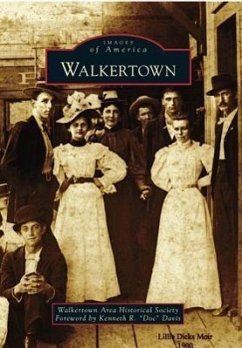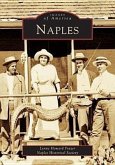European settlers came to the area now known as Walkertown as early as the 1750s. In 1769, Robert Walker was granted a license renewal for a tavern. From 1850 through the early 20th century, the local economy was dependent on farming, lumber manufacturing, grain milling, and merchandising. Tobacco manufacturing began early in the 19th century and became a thriving industry for the Sullivan, Booe, Poindexter, and Crews families. The Roanoke & Southern Railroad began serving Walkertown in 1889, and with it, the availability of larger markets spurred the growth of industry. The Leight Lumber Company was established near the depot around 1890 and prospered by making boxes for manufacturers and lumber for construction. The Walkertown Chair Company, begun in 1903, flourished until a devastating fire destroyed most of the buildings in 1940. The Walkertown Roller Mill, built by Robah Payne in 1900, has changed hands a few times and is now the oldest continuously operating business in Walkertown.
Hinweis: Dieser Artikel kann nur an eine deutsche Lieferadresse ausgeliefert werden.
Hinweis: Dieser Artikel kann nur an eine deutsche Lieferadresse ausgeliefert werden.








